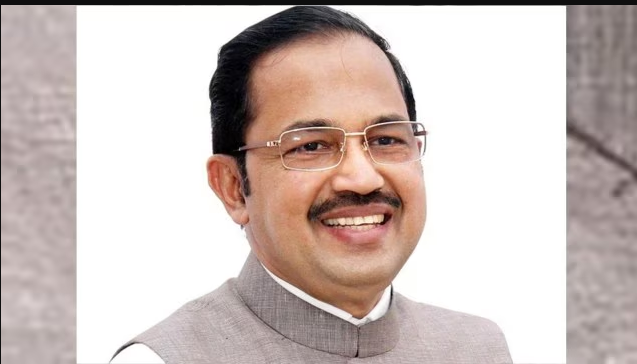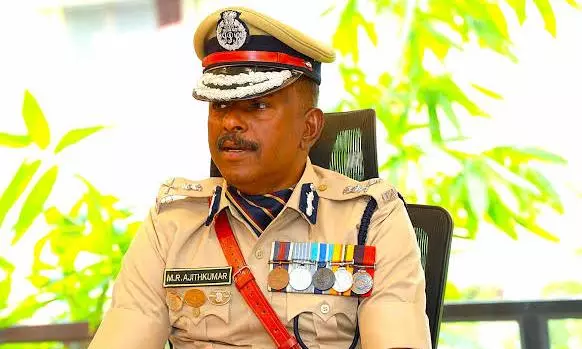The political landscape of Kerala witnesses an intriguing development as the Bharatiya Janata Party (BJP) nominates Dr. M Abdul Salam, former Vice-Chancellor of Calicut University and esteemed agronomist, as its candidate for the Muslim-dominated Malappuram Lok Sabha constituency.
Dr. Salam, who contested the state polls from Tirur in 2021, faced defeat against IUML’s Kurukkoli Moideen, securing only 5.33 percent of the votes. Now, he emerges as the solitary Muslim candidate in the BJP’s initial list of 195 Lok Sabha contenders, announced on Saturday.
Set to challenge the seasoned Parliamentarian E T Muhammed Basheer of the Indian Union Muslim League (IUML), Dr. Salam steps into a fiercely competitive electoral arena. The Communist Party of India (Marxist) (CPI(M)) has also thrown its hat into the ring, nominating V Vaseef, the state president of DYFI, as its candidate.
Dr. Salam’s tenure as the Vice-Chancellor of Calicut University, spanning from 2011 to 2015, was notable for its controversies. Despite being nominated by the IUML, he crossed political aisles to join the BJP in 2019, aligning with the party’s efforts to diversify its membership with minority representation.
In his previous electoral stint in 2021, Dr. Salam’s campaign in Tirur fell short, grappling with the dominance of IUML’s Kurukkoli Moideen. His election bid garnered attention due to his unorthodox background and his attempts to penetrate IUML’s stronghold in Malappuram.
During his term as Calicut University’s Vice-Chancellor, Dr. Salam courted controversy with contentious decisions, including proposals to sell university land and admit students into degree courses without standard academic qualifications.
As the electoral battle intensifies in Malappuram, Dr. Salam’s candidacy reflects BJP’s strategic maneuvering to expand its footprint in Kerala, particularly among minority communities. The forthcoming elections are poised to unfold as a litmus test for political dynamics within the state.




